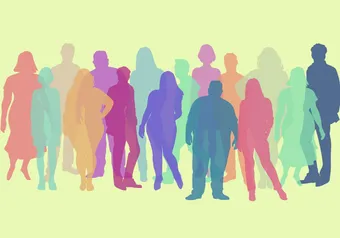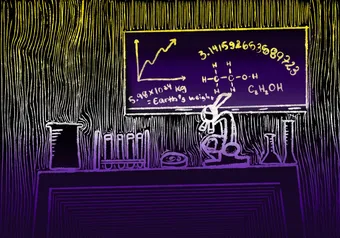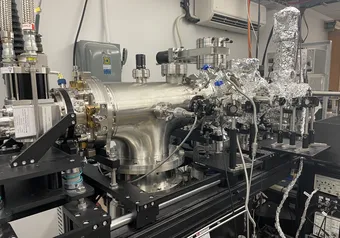Dopamine is a hot topic on social media, and though it’s often misrepresented online, the actual science of this neurotransmitter will leave you craving more.
From fads supporting a “dopamine fast” for enhancing productivity to mistakenly pegging the neurotransmitter as a happiness trigger, there is no shortage of misleading information online, often without any scientific backup.
The Ubyssey sat down with Dr. Stan Floresco, UBC psychology professor and neuroscience researcher, to unpack the validity of these claims about dopamine and find out the truth about the neurotransmitter.
What is the role of dopamine in the brain?
Dopamine is often classed as a “feel-good” chemical, and while it does play an important role in the brain’s reward system, its role is not to give you pleasure — it is about getting you to the things that do.
“When we see stimuli in the environment that have been linked to good things, that can cause an increase in dopamine release,” said Floresco. That increase motivates us to seek out the rewarding stimuli.
Even though dopamine levels rise when you’re feeling something nice, that increase isn’t what’s making you feel good. Pleasure itself is governed more by other neurotransmitters called endorphins.
The spike in dopamine levels is simply your brain telling itself to remember these good feelings, and what led you to them, so that you can repeat the experience in the future. Even when we interact with cues associated with a stimulus, dopamine spikes to create feelings of “craving.”
In the context of drug cravings and addiction, these cues can look like the sight of the drug or paraphernalia associated with it, being in the setting where drug use usually occurs or the smell of the drug.
They can sometimes even be more powerful than the drug itself. A 2010 study found that habitual smokers self-administered puffs of denicotinized cigarettes more than intravenous nicotine infusions when given access to both. Smoking withdrawal symptoms were also alleviated both by nicotine administration and by denicotinized smoke.
What is dopamine fasting?
Dopamine fasting is the idea of depriving yourself of activities that release the neurotransmitter. This often includes cutting out social media or refraining from listening to music and playing video games, although some extreme believers in the concept have taken to avoiding reading and talking to friends. The aim is often to gain self-control, increase mental clarity and “reset” bad habit cycles.
The issue with the idea of the “fast” is that it’s impossible to abstain from something that is consistently present in your brain. As Floresco puts it, “you’re not lowering your overall [levels], you’re just not using a system that’s ready to go.”
Additionally, just because you’re engaged in a lot of pleasure-related activities doesn’t mean your dopamine levels are out of whack to begin with.
Although you’re not actually impacting the dopamine levels in your brain, partaking in certain “fasting” activities can still be beneficial in breaking unwanted habits. However, this is because the prefrontal cortex — the decision-making part of your brain — is choosing to ignore the urge to engage in certain habits, rather than the urge not being there at all.
Dopamine involvement in long-term goals
Dopamine plays another vital role in your brain’s reward systems.
Using rodent models of decision making, Floresco’s research has shown that dopamine promotes the ability to pursue larger rewards that come at a greater cost. Its presence in the brain allows you to put in the extra effort it takes to work towards a greater reward, rather than just taking the easy way out.
So when you choose to go to the gym or work on an assignment instead of watching TV, dopamine may be playing an important role in your decision.
“When you got to overcome something, [dopamine] gives you that little boost to go get through it,” said Floresco.
First online
Share this article








